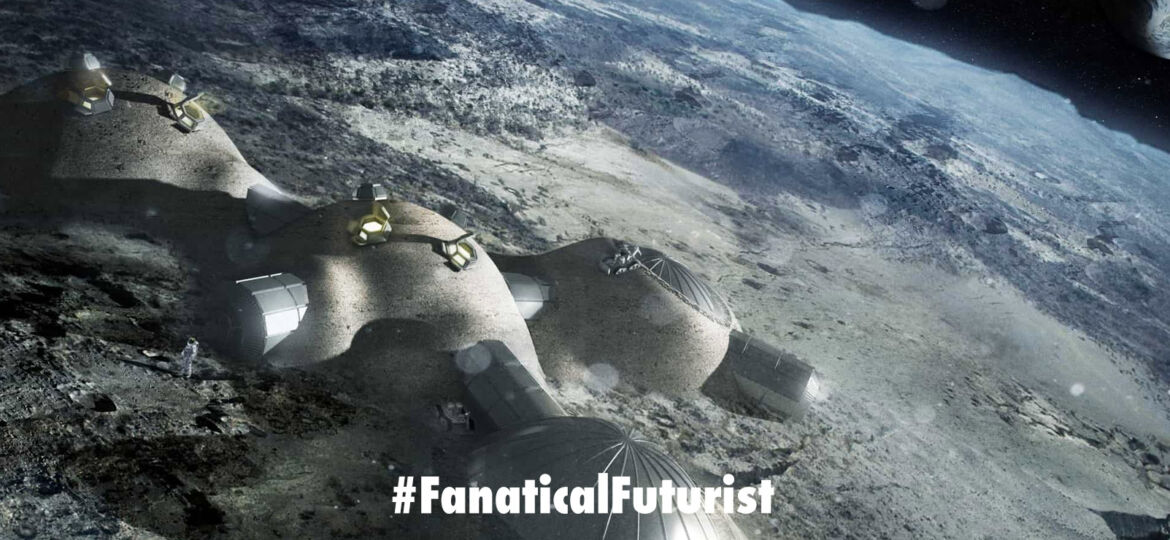
WHY THIS MATTERS IN BRIEF
At some point in the future humanity will become an interplanetary species, and several billionaires want it to be sooner rather than later.
Blue Origin, the space company run by Jeff Bezos, who wants to one day use the service to deliver goods to the Moon, has said he plans to establish a colony on the Moon, and it could take the first step toward that goal as early as 2023, or even sooner. This means we could actually see two organisations building moon bases at the start of the next decade after ESA, the European Space Agency also announced they want to build a nice three bed condo with a pool, sorry, “moon village,” last year.
The space faring firm, founded by Bezos a couple of years ago, confirmed in a story this week that the “Blue Moon” project is moving ahead with plans to land on the moon within that timeframe, as a stepping stone toward a more ambitious settlement.
Business director A.C Charania told GeekWire at the Space Frontier Foundation’s NewSpace conference last week that “Blue Moon is on our roadmap, and because of our scale, because of what we see from the government, we brought it a little bit forward in time. I think we are very excited to now implement this long-term commercial solution with NASA partnership.”
Charania said at the conference that the first step in Blue Moon is to develop the capability “to be able to land multi metric tons on the lunar surface” as “any permanent human presence on the lunar surface will require such a capability.”
It’s not the first time Blue Origin has outlined such a plan. Bezos explained in May 2017 that he believes the company should build a permanent human settlement “on one of the poles of the moon,” sending supplies initially and using “advanced robotics with machine learning systems on board” to lay the foundations for future colonisation.
Bezos noted that the discovery of water ice at the moon’s poles in the last decade changes the approach to such a settlement, as scientists can use the resource to produce oxygen, and now the company is working hard to reach these goals. The New Shepard space vehicle is undergoing test flights for sub-orbital launches, in which the craft reaches the edges of space and slowly descends back to Earth in a parachute.
In December 2017, the company conducted a short trip into space, using the trip to conduct an array of experiments like microgravity suction and zero-gravity glow.
Blue Origin has big plans after these initial successes. New Shepard is expected to carry people this year, while the New Glenn orbital flight vehicle will start testing in 2020. All these projects are also, weirdly, in keeping with the company’s Latin motto gradatim ferociter, or “Step by step, ferociously.” Grrr.
While the plan is impressive, it may seem out of date before it gets off the ground though because 2022 to 2024 is also the date fellow billionaire space farer wannabe Elon Musk has slated to send his first unmanned mission to Mars before he establishes his own space colony, but this time on the red planet itself.















